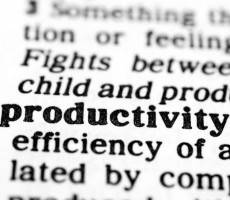July 8, 2016
Progress for women in executive roles remains disappointingly slow 0
 As the news breaks that the UK is to have a female Prime Minister by the Autumn, it emerges that progress for women among executive ranks and in the executive pipeline remains slow. According to the latest Female FTSE Report, by academics at Cranfield School of Management, City University London and Queen Mary University London, while the percentage of women on FTSE 100 boards has increased to 26 percent and to 20.4 percent on the FTSE 250 boards this year, the rate of progress has slowed since the Davies closing report in October 2015. As a result board turnover rates have decreased and the percentage of new appointments going to women over the past six months is only 24.7 percent, the lowest since September 2011. This is short of the increase required to meet the 33 percent board target by 2020 as set out in the Davies report, requiring FTSE 350 board to have 27 percent by the end of 2016.
As the news breaks that the UK is to have a female Prime Minister by the Autumn, it emerges that progress for women among executive ranks and in the executive pipeline remains slow. According to the latest Female FTSE Report, by academics at Cranfield School of Management, City University London and Queen Mary University London, while the percentage of women on FTSE 100 boards has increased to 26 percent and to 20.4 percent on the FTSE 250 boards this year, the rate of progress has slowed since the Davies closing report in October 2015. As a result board turnover rates have decreased and the percentage of new appointments going to women over the past six months is only 24.7 percent, the lowest since September 2011. This is short of the increase required to meet the 33 percent board target by 2020 as set out in the Davies report, requiring FTSE 350 board to have 27 percent by the end of 2016.



































